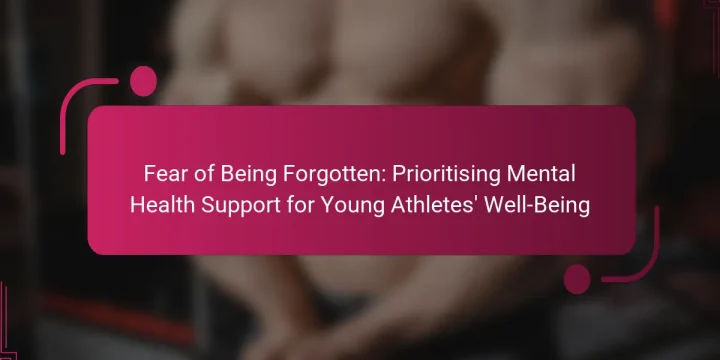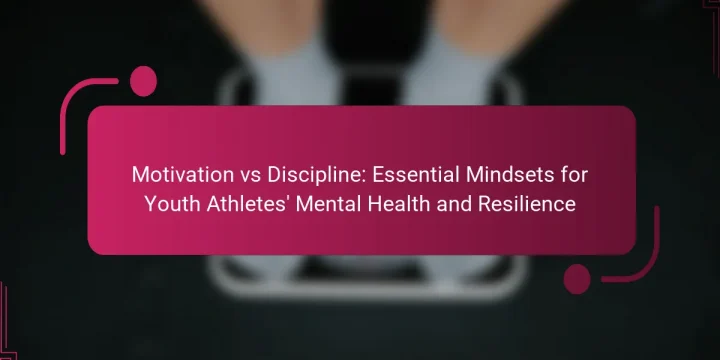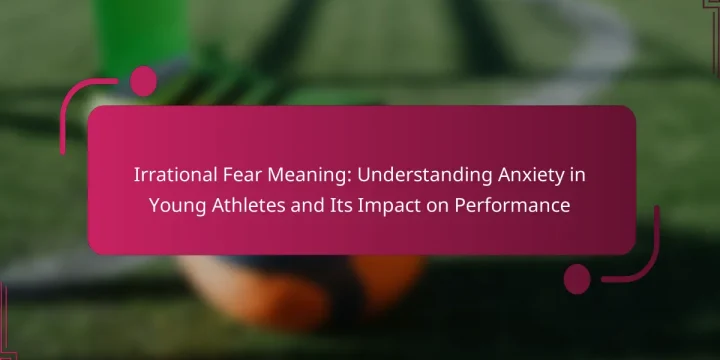
Young athletes often struggle with mental health challenges, including the fear of being forgotten amid intense competition. This article explores the impact of mental health on performance, the importance of open communication, and the need for supportive environments. It highlights innovative strategies for fostering mental well-being and emphasizes the role of parents and coaches in this critical aspect of athletic development. Prioritising mental health support is essential for enhancing resilience and overall performance in young athletes. How Does Mental Health Impact Young Athletes' Performance? Mental health significantly influences young athletes' performance by affecting their focus, motivation, and resilience. Mental health challenges can lead to anxiety and stress, which may hinder athletic development. A study found that 35% of young athletes experience mental health issues, impacting their training and competition outcomes.…







